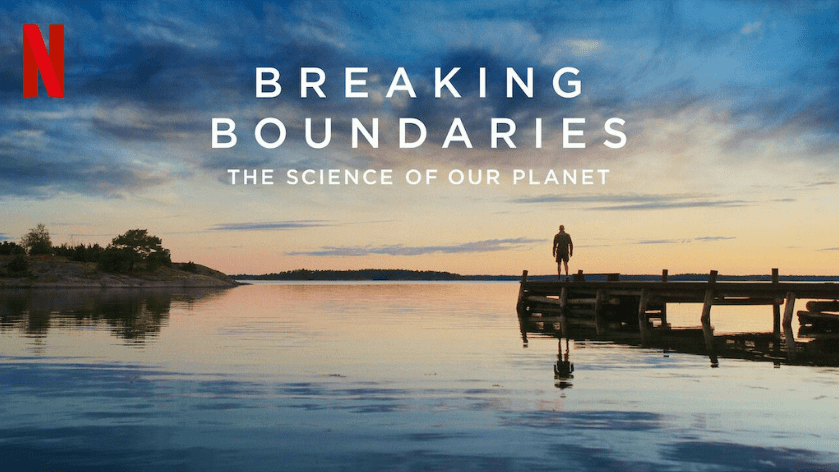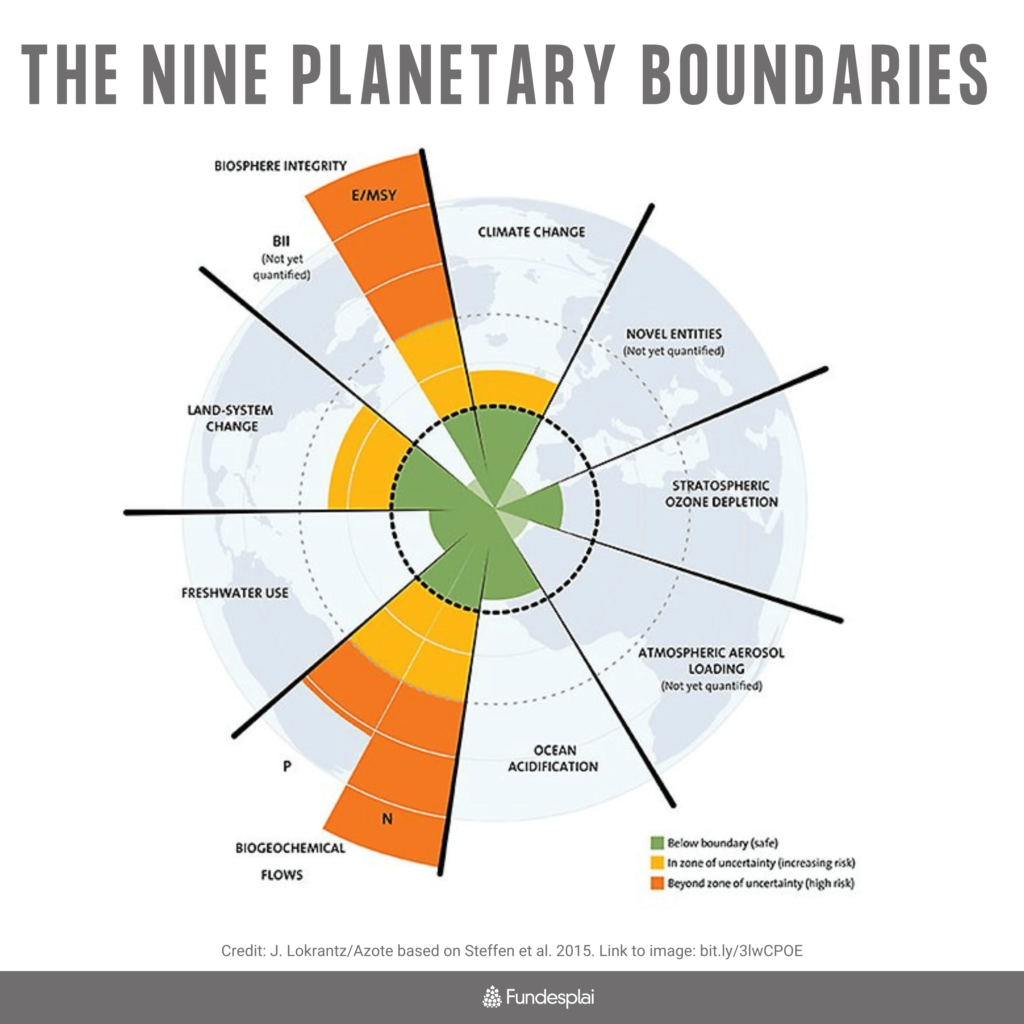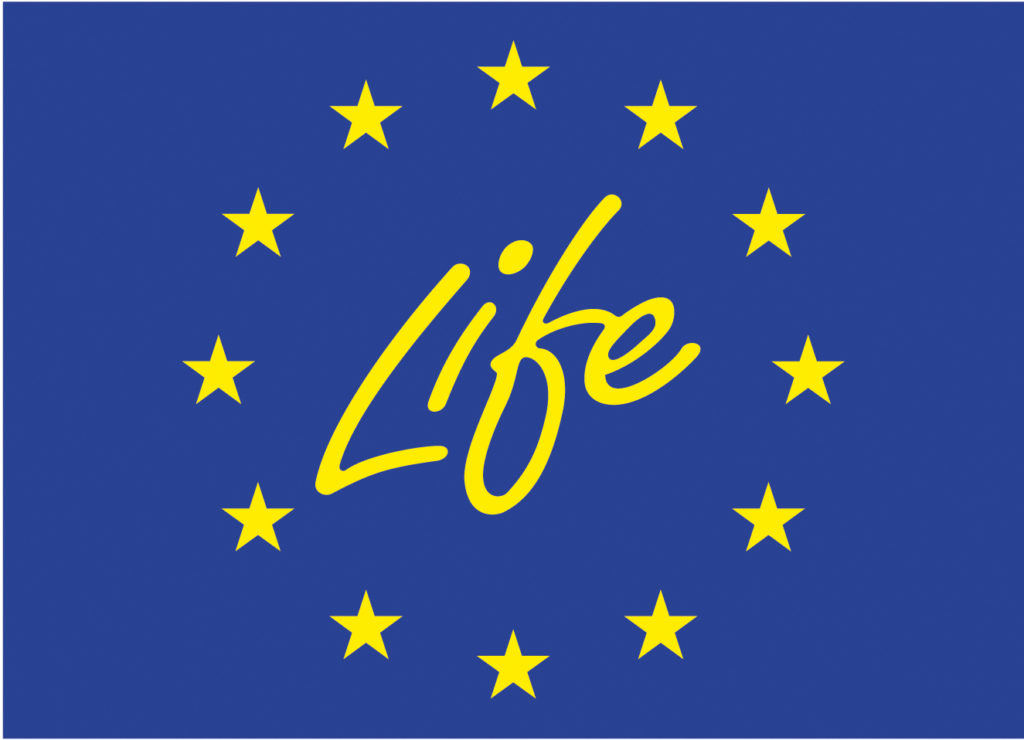
What are Earth’s limits? We have heard for decades that the planet’s resources are finite, but when will they run out? What will happen when they are exhausted? What alternatives do we have?
Environmental scientist and professor Johan Rockstrom, from the Stockholm Resilience Centre, was the first to define the nine planetary thresholds we know today. If we were to cross these thresholds, life on the planet would not be sustainable.

We are in the midst of a new geological era known as the Anthropocene, in which the human footprint on the planet has become unsustainable. More than a decade ago, a group of scientists proposed limits for nine environmental processes (Planetary Boundaries: Exploring the Safe Operating Space for Humanity) within which humanity could continue to develop for generations to come.
Unfortunately, four of those processes have already passed the danger threshold: climate change, biodiversity loss, land use, and biogeochemical cycles.
IS THERE A SOLUTION?
According to these researchers, we can still do something! But action is urgently needed. One of the most immediate, necessary changes relates to the food system. The fact that all four processes that have exceeded the danger threshold are related to food is no coincidence: Food is a key factor in the sustainability of human life on the planet.
Exceeding the boundaries defined by these researchers increases the risk of abrupt or irreversible environmental change on a large scale. There will be an estimated 10 billion people worldwide in 2050 (3 billion more than today), and ensuring healthy and sustainable food for the entire population is a fundamental right.
Respecting the planet’s limits may seem complicated, considering we will be three billion more people in less than three decades. But all studies agree that there is still a solution. There is still time to change the growing trend of unchecked exploitation of the planet’s natural resources.
That is the message of “Breaking the Boundaries: The Science of Our Planet“, a documentary on Netflix that takes an in-depth look at Rockstrom’s nine planetary boundaries. Watch the trailer below:
It also reports that science has established three major priorities:
- Reduce greenhouse gases to zero.
- Protect wetlands, soils, forests and oceans affected by our actions.
- Change the way we eat and the way we produce food.
“We do not inherit the earth from our ancestors; we borrow it from our children“, quoted from a reflection made in 1971 by the American environmental activist Wendell Berry (according to the study “The limits of planet Earth” by Josep Irla Foundation).

